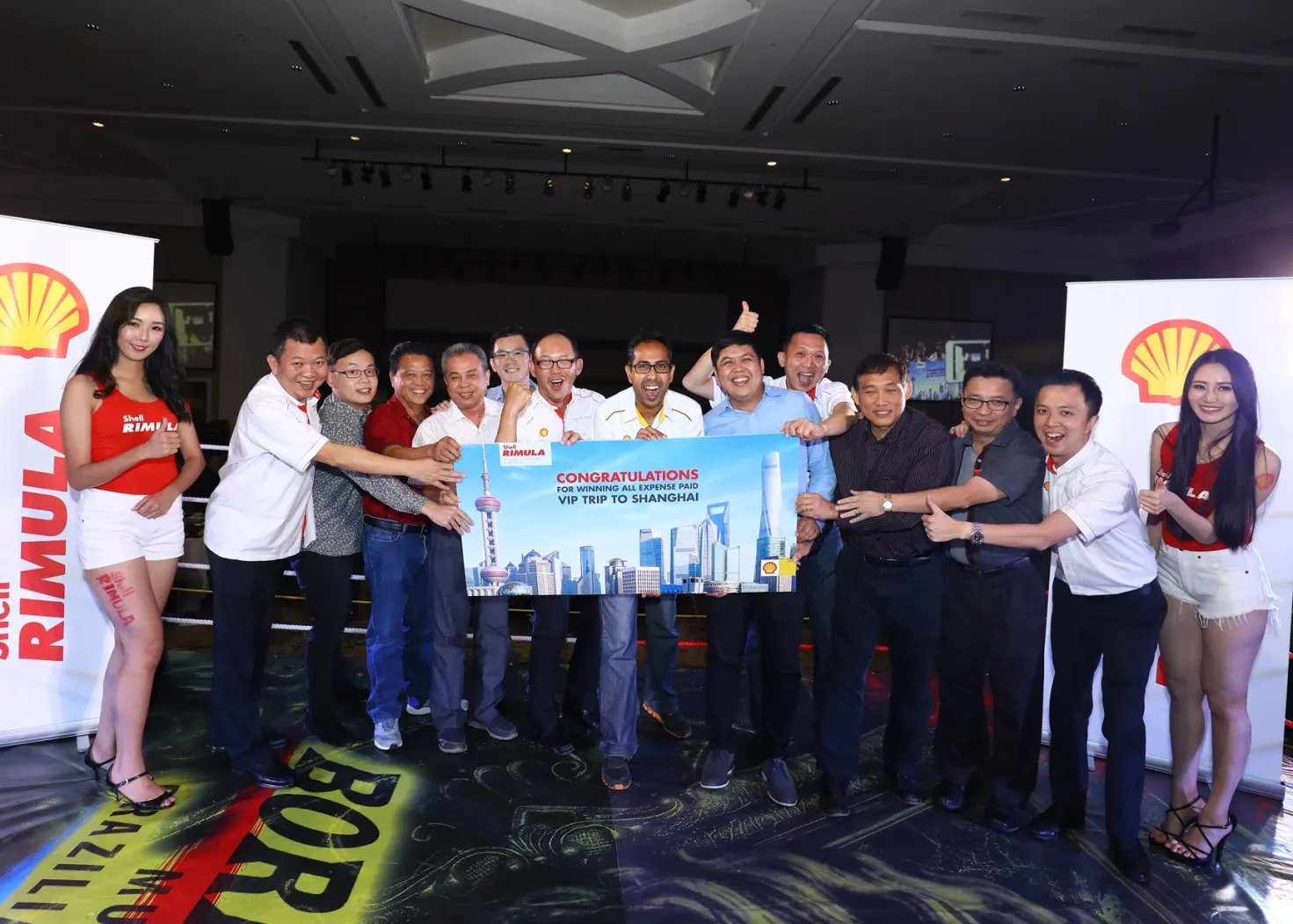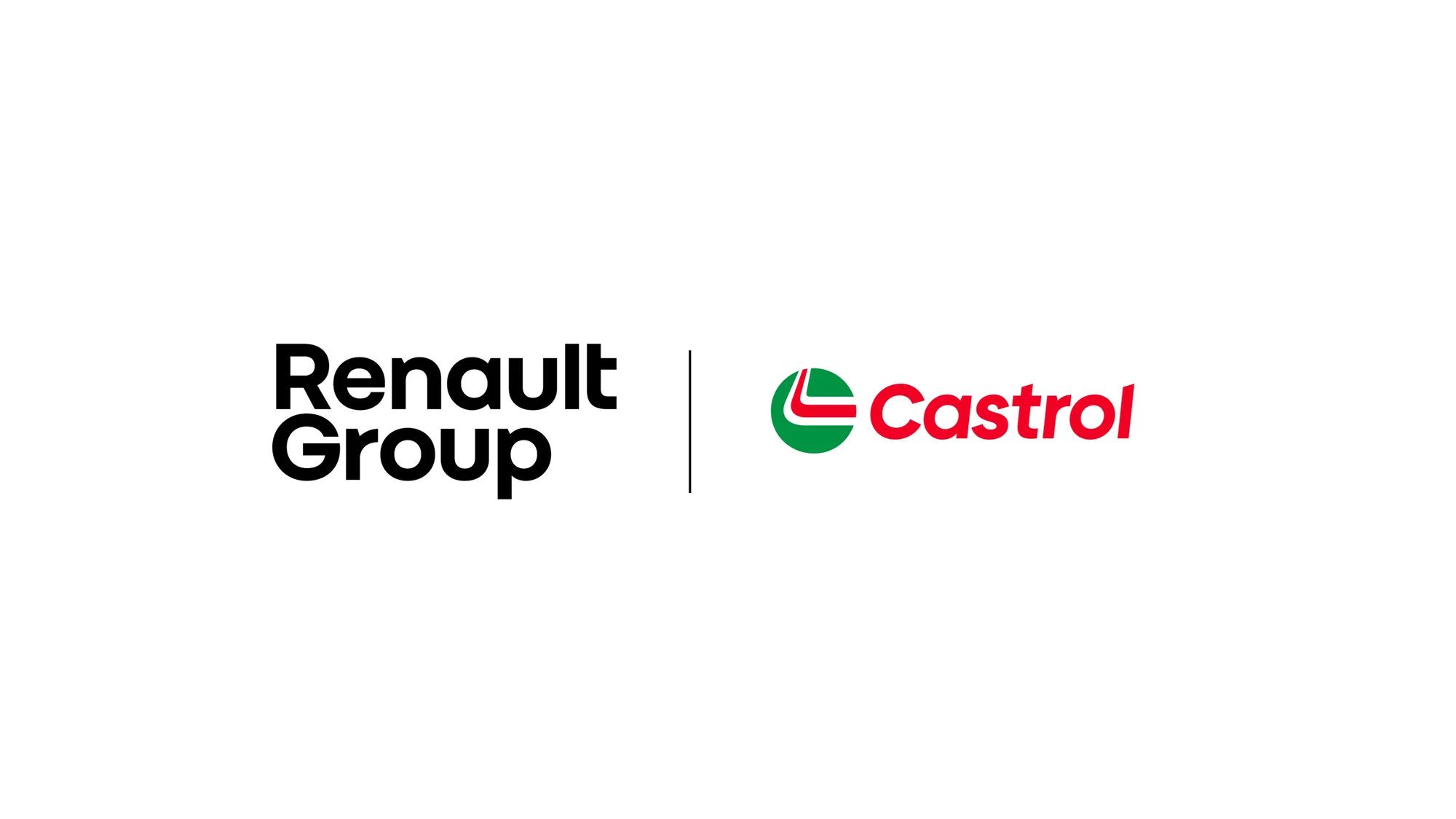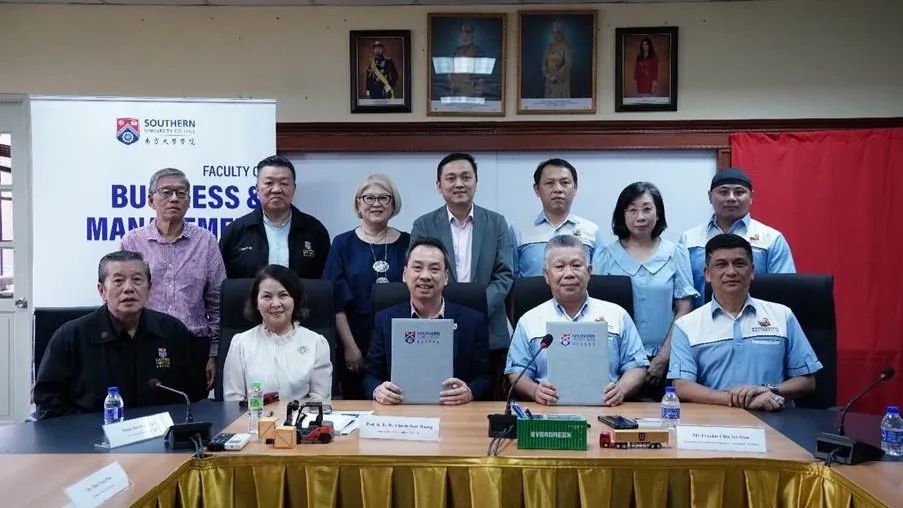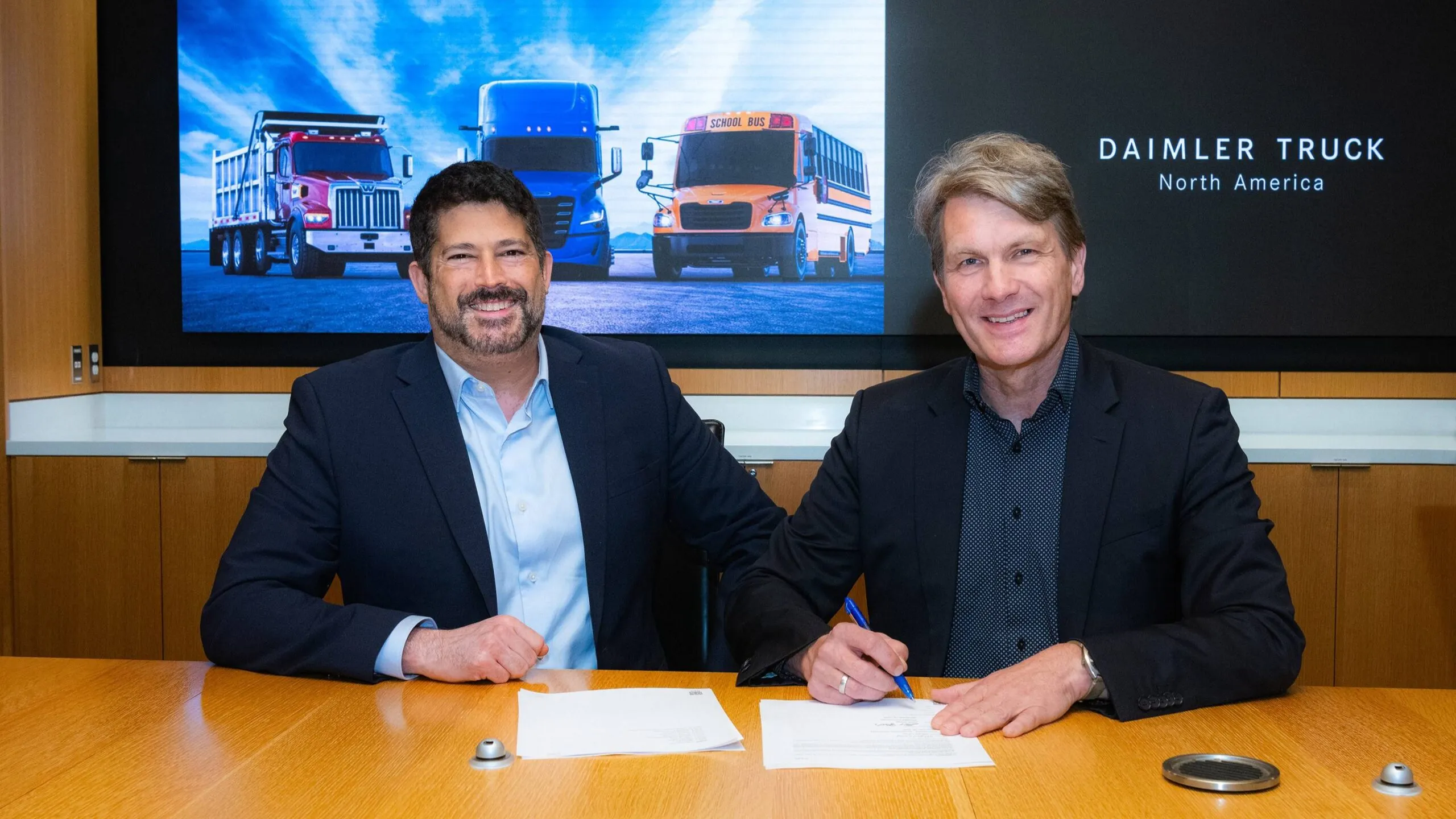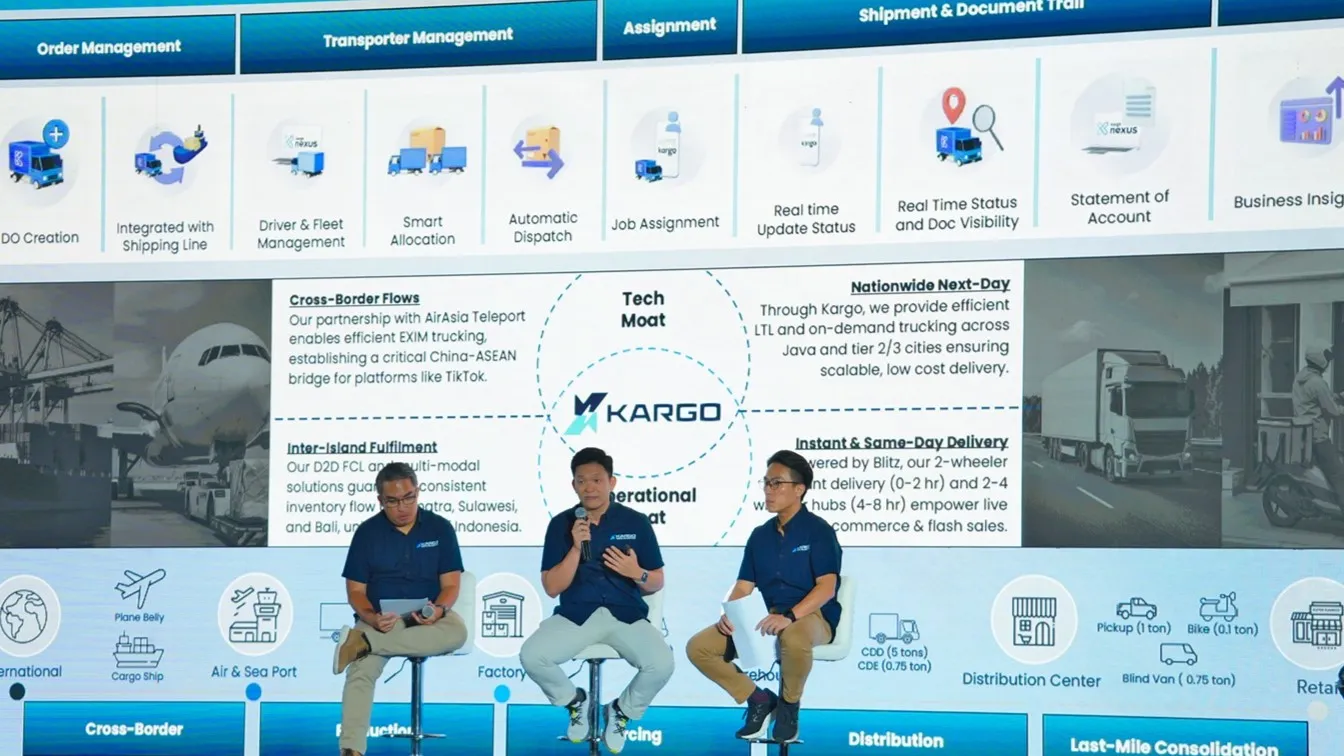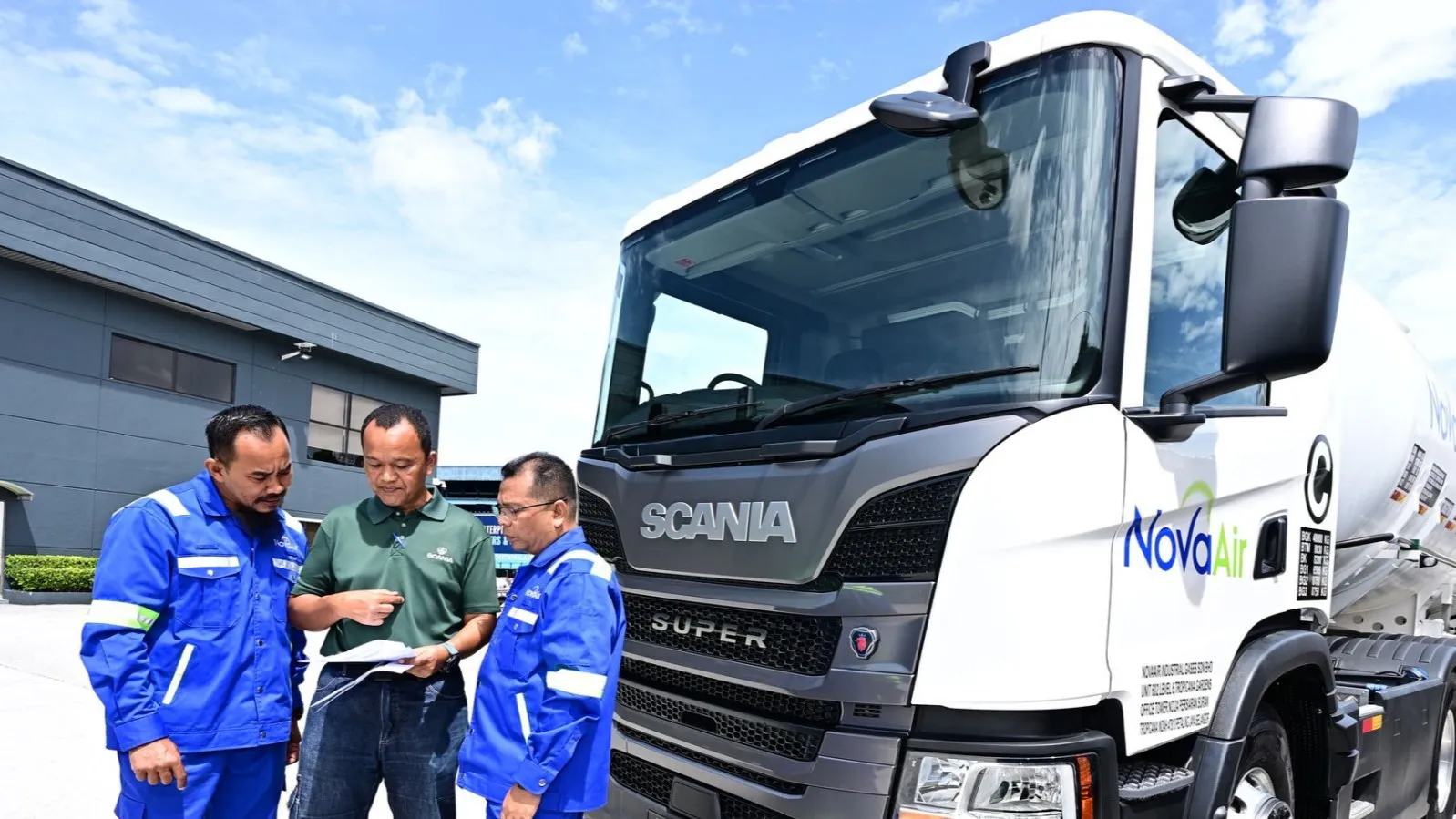Shell Rimula steps up efforts to raise awareness on the danger of underestimating the importance of lubricants on total cost of ownership (TCO) that are costing fleet owners millions of ringgit.
Shell Rimula Aims to Highlight Lubricants’ Impact on Total Cost of Ownership
At Shell, TCO is defined as the total amount spent on a vehicle or equipment, including cost of acquisition and operation over its entire working life; and also equally important, costs of lost productivity during downtime.
As the leading heavy duty diesel engine oil (HDDEO) brand in the market, Shell Rimula recently shared valuable insights on how to achieve lower cost per kilometre with fleet owners in its efforts to help businesses manage TCO.
At a one-day technology conference held in conjunction with the 2017 Shell Rimula Night in Sibu, insights from the results of an international survey conducted among decision makers in the fleet sector in eight major countries all over the world were presented to more than 500 participants.
The survey revealed that many companies underestimated the potential savings from effective vehicle and equipment lubrication. Instead, lubricants were often the first to be affected when cutting costs.
More than half the respondents admitted errors in lubrication led to costly breakdowns. One in three believed that unplanned downtime cost them more than RM435,000 while one in five said that they lost more than RM1 million over the last three years.
According to Shell Lubricants General Manager – Malaysia & Singapore, Baljit Singh, as the most preferred HDDEO brand in Malaysia, the onus was on Shell Rimula to repay the trust of its customers by closely working with them to make better decisions on lubricants.
“Shell has been the number one lubricant supplier in the world for the past 11 consecutive years and our customers rightly see us as the expert in an area that is often overlooked. We aim to help key decision makers in the fleet sector understand the important role that lubricants play in helping to lower TCO and explore the solutions that are available to address TCO,” he said.
With fuel costs amounting to as much as 39 per cent of total fleet operating costs, most fleet operators tend to turn to cheaper lubricants as a short-term solution.
However, Baljit stressed that while higher quality lubricants comparably cost more, in the long run, it would be more cost efficient by reducing breakdowns and downtimes.
“It is all about making smart decisions. Firstly, always choose the right lubricant or grease. Secondly, implement effective lubrication management as even the best lubricants cannot perform if they are not managed properly. This means right storage and handling. Always ensure the right place, time, amount, monitoring and training for staff,” he added.
At the 2017 Shell Rimula Night, eight customers were announced as winners of the year’s Shell Rimula Global Promotion. They were Han Fatt Yen, Ngu Tien Ching and Tie Teck Ngiet from Miri, Sarawak; Ko Ing Kong and Simon Ling from Sibu, Sarawak; Matthew Chai from Kuala Lumpur; Tan Kui Min from Sandakan, Sabah; and Teh Kar Chun from Subang Jaya, Selangor.
They won an exclusive all-expense paid VIP trip to Shanghai, with the highlight being a special discovery session at the Shell Shanghai Technology Centre (STC).
The Shell STC is one of the newest in the Shell global network. The centre is dedicated to continuous research and development and serves as a technical support centre to Shell lubricants customers all over Asia. It is said to reflect Shell’s technology leadership and desire to better understand the needs of its customers and develop lubricant solutions to meet the challenges they face.
Shell Lubricants is recognised as the global market leader for 11 consecutive years, marking the start of two decades of undisputed industry leadership. This accolade was confirmed in the recently published Kline & Company’s 15th Edition ‘Global Lubricants Industry: Market Analysis and Assessment: 2016-2026 report. The report covers the sector in 2016.
Shell held its global market leading position with an 11-per cent market share, in volume – selling between 4,400 and 4,500 kilo-tonnes of finished lubricants. This is equivalent to more than 5 billion litres of finished product.

